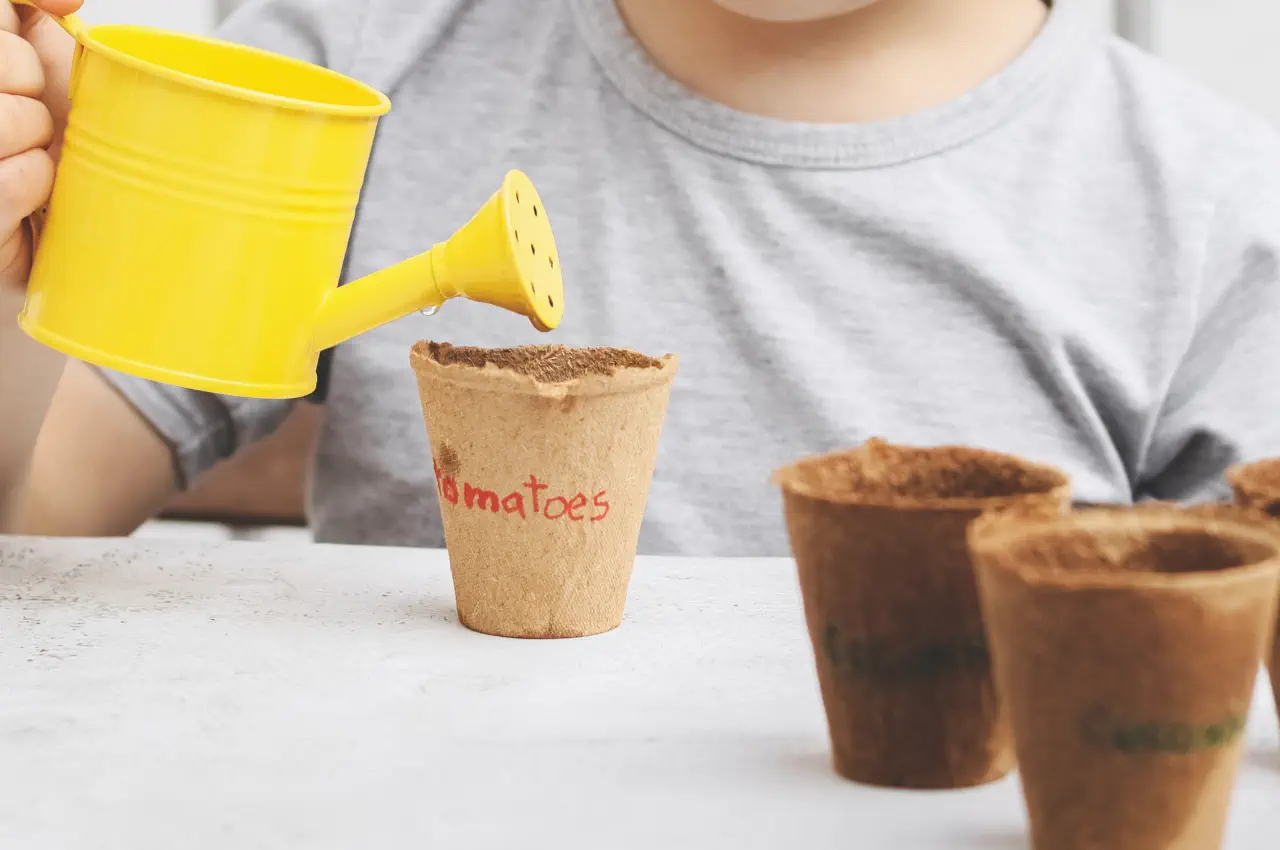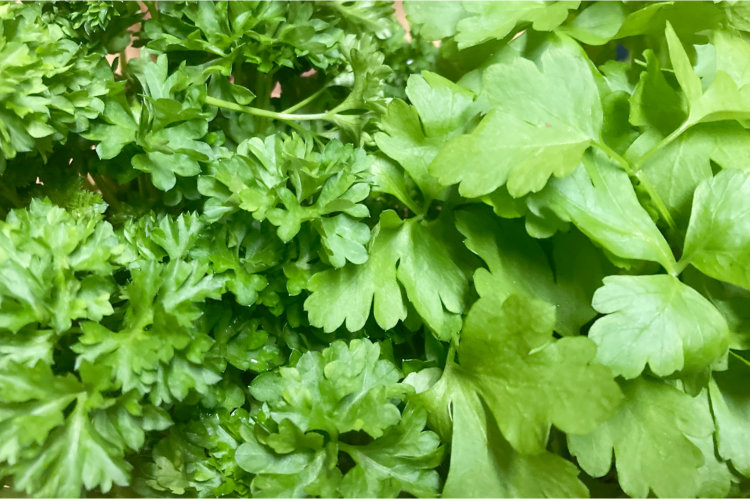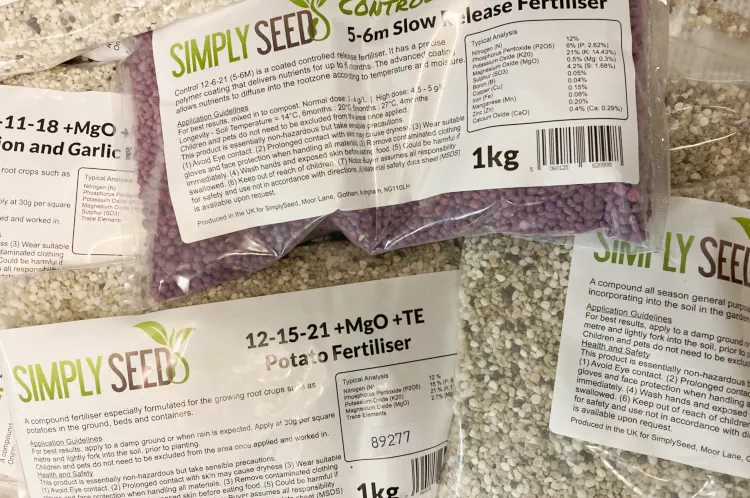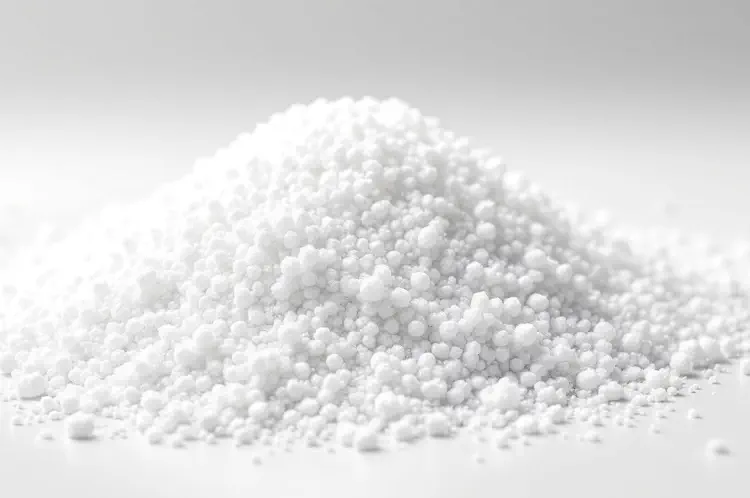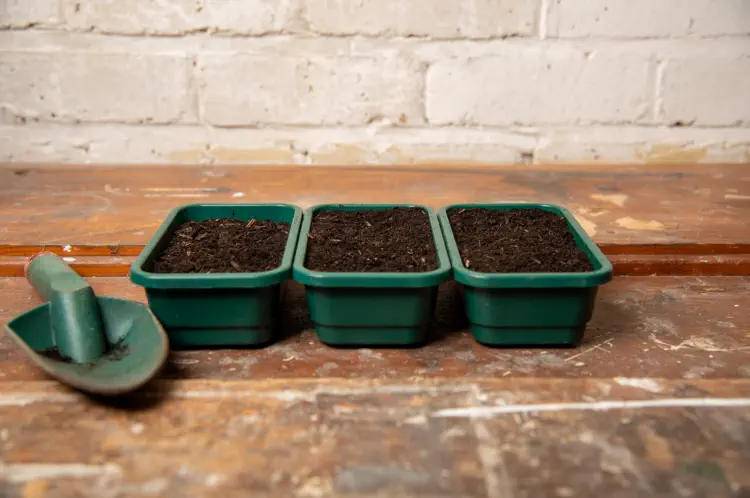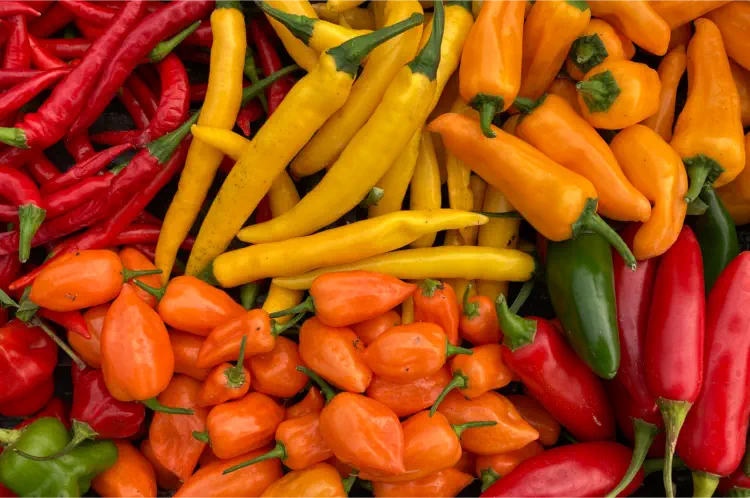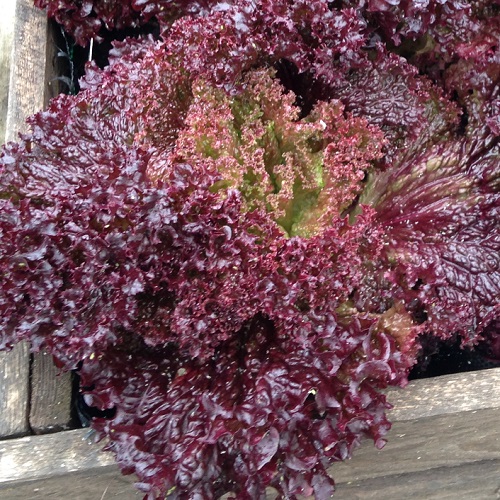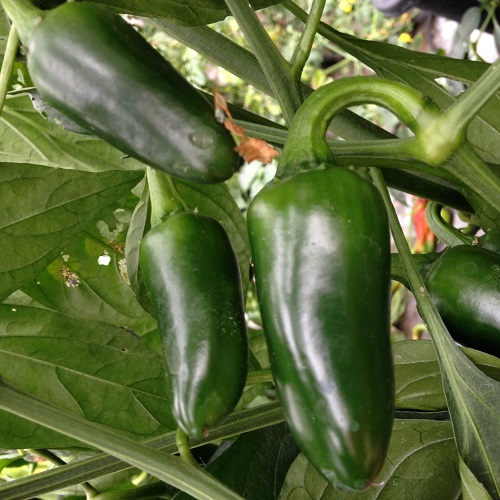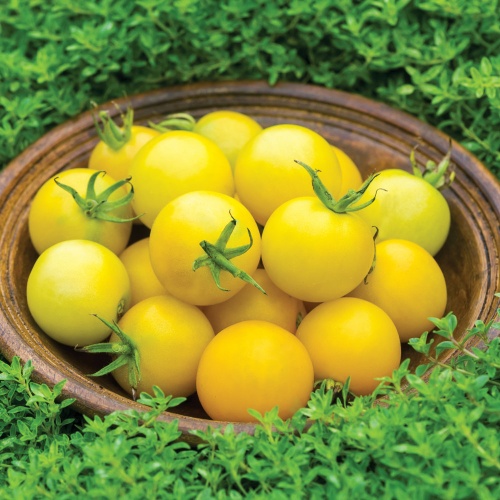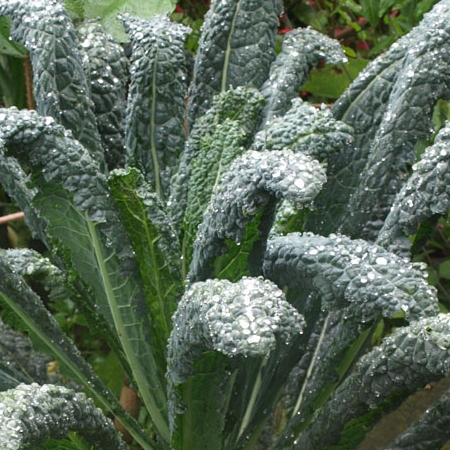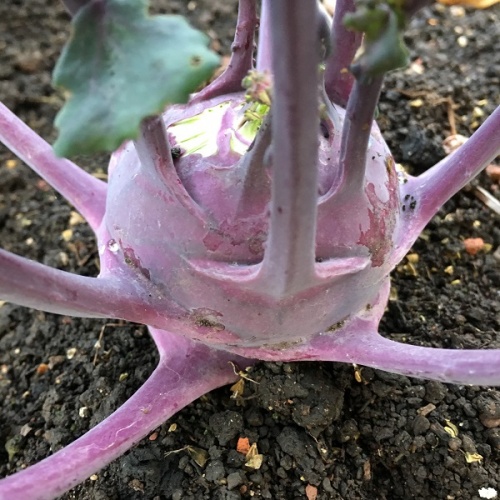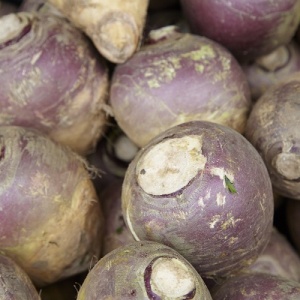This is a very popular question, to which there is no one simple answer. Many plant seeds need very different requirements in terms of water, and some seeds will germinate quickly while other seem to take an age. In theory, the smaller the seed, the less water will be necessary for germination but in practice that is not always the case so you have to treat each seed type as having its own individual needs.
Vegetable growers will know that certain plant seeds, such as Lettuce for example, will germinate in as little as 3 days, while Parsnip could take 14 days or more. Ornamental plant growers could have to wait up to 30 days to see any signs of their seedling Rudbeckias, while you would have to wait more than a year before your Paeonia seeds showed any signs of life.
Give your seeds what they need
Generally, most seeds need water and warmth in order to germinate. Some also need light while others will germinate in the dark. Also, the larger the seed the deeper it will need to be covered with compost. For example, tiny begonia seeds are so small they don’t need covering, whereas cucumber seeds need to be sown 1.5-2cm deep. Some seeds are best “chipped” or “nicked” or pre-soaked before sowing.
There is so much variation between seed types and therefore the amount of water each seed type will need for germination will also vary accordingly. However, because all seeds have similar initial requirements, we can generalise about how best to treat them and how much water should be applied.
Preferential sowing methods
Fill a seed tray or pot with seed compost and water the compost thoroughly. Leave it in a warm place to both drain and for the compost to warm up. While the compost is still moist, sow the seeds. If the seeds are tiny then watering again is not a good idea. This could dislodge the seeds and wash them into tight groups or bury them too deeply. Instead, cover the trays or pots with a sheet of glass or cling film to help retain moisture.
If it appears the trays or pots might be drying out before germination has taken place then carefully apply more water using a water spray bottle. Other seeds that have been covered with compost can be lightly watered after sowing using a watering can with a fine rose attachment. Again, it is then best to cover the trays or pots with glass or cling film.
The critical stage
From seed sowing to germination is a critical stage in a plant’s life and so the grower has to be both vigilant and responsive. The main point to remember is not to allow the seed compost to dry out or to become too cold. Seed trays and pots should be checked daily, especially if using a heat mat or propagator. Providing heat by these methods can cause the seed compost to dry out much quicker or even become over-heated.
As soon as the seedlings emerge, remove any covering and water with a watering can and fine rose attachment. Seeds that take longer to germinate are most at risk due to needing more water over a longer period and because of this there is a tendency to over water. Applying a little water every day is far better than a thorough soaking once a week.

